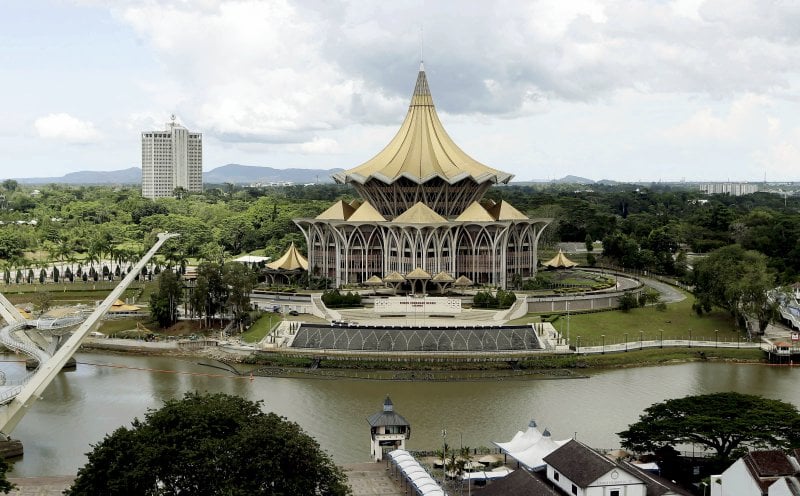KUALA LUMPUR: Malaysia’s economic growth this year will be a tale of two halves, analysts said.
A sharp slowdown can be expected in the first six months as the impact of the coronavirus (Covid-19) outbreak sets in.
The economy may bounce back in the second half, buoyed by a RM20 billion stimulus package announced last Thursday, they said.
Affin Hwang Capital analysts Alan Tan and Kevin Low said with the stimulus package, Malaysia’s real gross domestic product (GDP) growth would likely recover from an expected low of 3.5 per cent in the first half to around 4.5 per cent in the second half.
“It is too early to indicate that the negative effects from Covid-19 on the global and the domestic economy would be comparable to the 2002-2003 SARS outbreak.
“However, we believe the RM20 billion fiscal stimulus package, if properly implemented, will help to strengthen the country’s aggregate domestic demand, especially private consumption growth,” they wrote in a report.
“The economic stimulus package has included measures to assist certain sectors and industries affected by Covid-19, especially hotels, airlines, travel companies and the tourism-dependent retail industry,” they added.
MIDF Research said the stimulus package and easing monetary policy would support private consumption in 2020. Thus, a slight rebound in private and public investments can be expected.
MIDF Research said overall business performance in the next six months was expected to experience slight slowdown dragged down by services, manufacturing, construction and mining sectors.
“Expected lower foreign tourist arrival and Covid-19 are among the downside factors. Conversely, domestic demand is expected to stay resilience underpin by lower (Bank Negara Malaysia’s) overnight policy rate (OPR), stable job market, moderate inflationary pressure and stimulus incentives for domestic consumption,” it added.
On the external front, MIDF Research said the virus spread would affect global market sentiment in the first half, although the second-half of 2020 remains uncertain especially with the US presidential election and protectionism possibly resurfacing during the election campaign.
“We downgrade our GDP forecast between 3.8 per cent and 4.2 per cent in 2020. We expect the external front to stay challenging due to the effects of Covid-19, a moderate commodity prices, trade tension and political uncertainty in US as well as European Union,” the firm added.
Affin Hwang’s Tan and Low said the government would need to focus on ensuring economic sustainability, despite the current political situation and changes to the political landscape.
Priority should be given to bring back and restore confidence among businesses and investors, following significant downside risks faced by the global economy.
“At the recent G20 Finance Ministers and Central Bank Governors meeting, the International Monetary Fund (IMF) managing director guided that the global GDP growth forecast will likely be revised lower by 0.1 percentage point in its next review, from the current projected 3.3 per cent to 3.2 per cent for 2020.”
The downward revision takes into account that GDP growth in China will be hard hit by Covid-19, prompting the IMF to likely cut the country’s GDP growth by 0.4 percentage points from 6.0 per cent to 5.6 per cent for 2020.
They said the subsequent disruptions within the global supply chain in the manufacturing sector would affect Malaysia’s manufacturing sector if the Covid-19 outbreak was prolonged beyond one quarter.
“We believe if the revival and acceleration in Malaysia’s infrastructure projects will be delayed again due to political uncertainty, investment will not provide a second leg to the economy, which is needed to complement the growth of private consumption,” they added.
They expect Bank Negara to cut its OPR by another 25 basis points to 2.5 per cent soon from 2.75 per cent currently.
The reduction could be concluded in its next Monetary Policy Committee meeting on March 3.
















